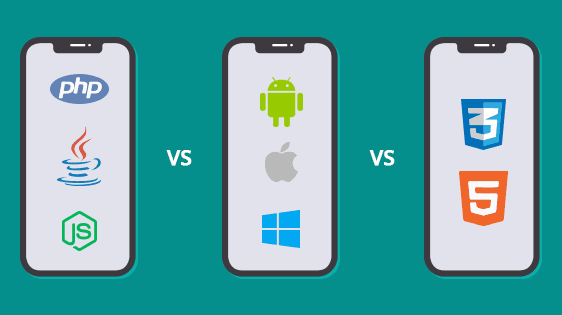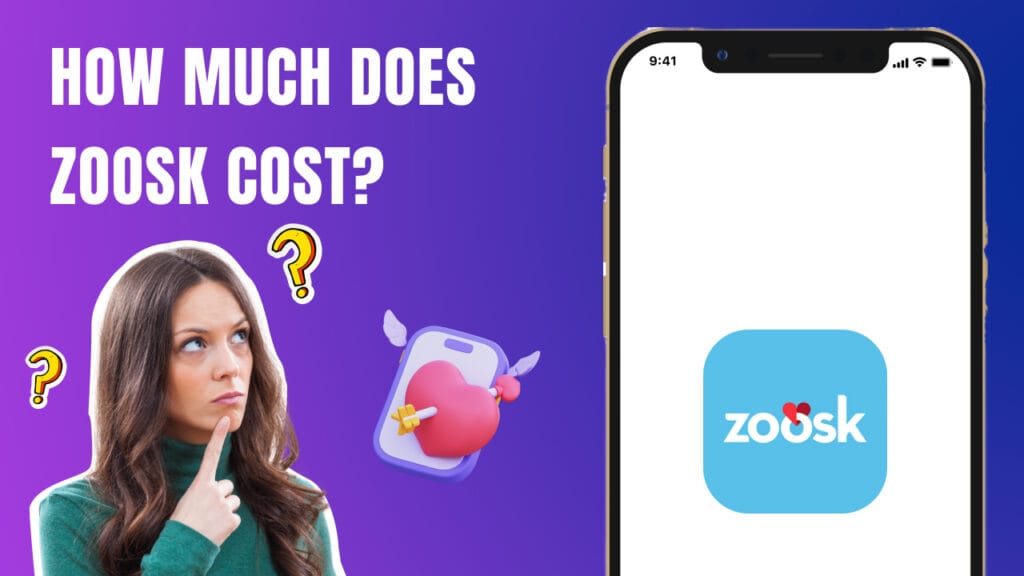If you are going to build a mobile app the first question that you need to encounter is whether you are going to build a web app or a native vs hybrid app Comparison. We are assuming that you do not know about these apps and their differences. While all mobile apps can offer a similar countenance with that little thumbnail logos taking over your device screen, technically they do not belong to the same category. These three types of apps have their specific appeal for particular purposes, businesses and audience. Here through the length of this post, we are going to define and explain how you need to make a choice among them.
Web Apps:-
Web apps hosted by web browsers basically flaunt a look a feel of the websites. For using these apps users do not need to install apps on their home screen and they can just access and start using the website right from their browsers. When it comes to performance, they are much slower compared to native apps because they fully depend upon the servers for loading the app contents.
Native Apps:-
Native apps are developed for specific OS platforms and hence they use specific programming languages accepted by the respective platforms. Just because they are built thoroughly keeping the native OS in mind, they offer a very fast-paced loading and performance. They also can easily integrate device functions and typical features offered by the respective OS platform. Native apps offer optimum user experience but just they need to be built separately for each platform, native apps are also most expensive when one needs to consider development cost.
Hybrid Apps:-
Hybrid apps as the name suggests comes with a hybrid approach combining both qualities of web and native apps. In offering a combination of web and native app capabilities a hybrid app consists of two basic parts, respectively the backend code and a native shell. The native shell basically using a web view downloads the backend code for running the app. These apps are built to function across multiple OS platforms and thanks to this cross-platform development approach they offer a much less development cost. The only downside of hybrid apps is that the user experience cannot be customized for users of different mobile OS platforms.
Explaining the pros and cons of Web vs Native vs Hybrid App Comparison:-
Now that we have come to know about the basic properties and how each of these apps work, it would be apt to explain the respective pros and cons of all these native vs hybrid app comparison. Remember, all of them have equal strengths and weaknesses, advantages and disadvantages.

Web app pros:-
Web apps are easy to develop as they are just server hosted websites.
- Web app requires much less and simpler maintenance effort just like maintaining the websites.
- Web apps also involve a lot less development cost compared to the other two options.
- Web apps also allow you to build a single web platform for all mobile OS platforms and also the desktops.
Web app cons:-
- Web app requires a browser and can’t be accessed instantly like native app from the screen.
- To access a web app users need to type the URL every time on the browser.
- Just because a web app totally depends on the server for loading, it comes with a lot of performance shortcomings and slower speed compared to other other two options.
- Web apps not designed completely for native interactions are far less intuitive and engaging.
- It cannot utilize the device features and functions to the fullest extent.
Native App Pros:-
- Native apps offer very fast-paced and smooth user experience as they are built completely keeping the specific OS platform in mind.
- Native apps load instantly and without slightest delay and they can even function offline as they are less dependent on web servers.
- Built for specific platforms native apps dominate the app stores of all platforms.
- Being developed for specific mobile platforms they offer a much intuitive and interactive user experience than other types of apps.
- Native apps can access the device features and functions to the fullest extent.
Native App Cons:-
- To build native apps the developers need to learn several programming languages and frameworks.
- Native app development requires solid command and expertise over respective app platforms.
- Native apps are much costlier as building apps separately for all platforms and demands of expertise adds to the cost of development significantly.
- Native apps are not the ideal choice for building simple apps.
- Native apps grabbing precious screen real estate and storage space often lowers the device capacity.
Hybrid App Pros:-
- Built with the latest web-based technologies such as HTML, CSS and JavaScript building hybrid apps is much similar to web development.
- Allowing to build a single app for multiple platforms it offers a less expensive mobile app development choice.
- For hybrid app development, there are several time-tested technologies and frameworks in the market.
- Hybrid apps bringing together the web and native app features allow users to download the app for quick access from the device home screen.
- Hybrid apps being able to access the device API, features and storage offer a much closer user experience to the native apps.
- Allowing reusing of the same code base for building app that can work on multiple platforms it helps faster development and faster time to market.
Hybrid App Cons:-
- Hybrid apps are slower in performance compared to native apps.
- Hybrid apps are more expensive compared to the web apps as the developers need to integrate a native wrapper.
- Native vs Hybrid app comparison lack in interactive elements.
- A lot of customization with hybrid apps can actually force you to go native and along with that, you can lose the entire cost advantage you opted for.
So, making a choice among these three types of mobile apps largely depends on your priorities, ability to afford development cost and your objective to scale up mobile app presence across specific platforms. For small startups, often building a web or hybrid app can be a good choice in the beginning but for established and growing businesses it would be wise to go for native apps keeping the future scope of scalability in mind.


















